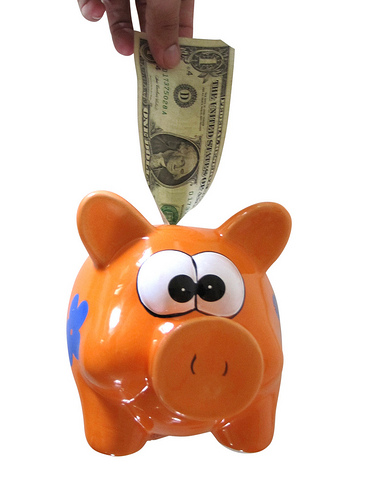Money Market Mutual Funds-
Most investors today are seeking safe harbor for their cash. Something that is safer than the typical savings account, yet more flexible than a certificate of deposit (CD). Historically, placing funds in a regular savings account was good advice, as banks offered both safety and a healthy interest rate. However, these days’ money market mutual funds are paying greater yields and making investing safer.
So far this year, mutual funds are among some of the top performers. During the past 10 years, mutual funds have hit annual returns of nearly 12%. Mutual funds buy bonds issued by companies and governments that are within a group of fast-growing nations, like Brazil, India and China.

- Investors can write checks from mutual fund accounts
- Investors can usually redeem shares by internet or over the phone
- Designed for the small investor with flexible withdrawal features
- Investors not ready to make a long-term investment, can make investments while moving assets from one fund to another
Money Market Mutual funds typically invest in short-term federal government securities or large corporations that hold a Grade A credit rating, making these funds safe and stable. The investors get their return in the form of dividends.
Money market mutual funds probably sound very similar to a bank CD, however, unlike the certificates of deposits that lock up cash reserves for six to twelve months, mutual are completely liquid.
Choosing the best Money Market Mutual Funds
Taxable money markets produce the highest yields, but the returns are subject to federal and state taxes. However, they remain the most popular type.
Tax-Free Money Markets allow investors to skip paying federal taxes and in a few cases, some state taxes too. However, the yield is sparse. These funds include national tax-free and those designed for specific states. The state specific funds allow an investor to sidestep state taxes. State specific funds are more attractive in states with high income tax rates, like California, Massachusetts and New York. A tax free fund really makes sense if you’re in a high tax bracket.
Choosing Money Market Mutual Funds
There are three elements an investor should consider when choosing a money market fund:
1. Consider the Expenses of the fund. Investors should pay attention to how much expense will be deducted from the returns.
2. Consider the Yield.The yield is comparable to the interest rate on a traditional savings account.
3. Consider the Credit Rating. Some funds are riskier than others are, and while highly unlikely an investor would lose money, it is best to review how risky the fund is. Some funds invest globally and others restrict their investments to US obligations with short-term maturities, and this may be a breaking point for some investors.
When all is said and done, choosing an investment vehicle comes down to what makes money, what is safe and how convenient and flexible the terms are.
Bank Money Market Accounts
Some banks offer Money Market Accounts these are not the same as a Money Market Mutual Fund. They are basically a fancy savings account although they may offer higher interest rates than a regular savings account. My favorite bank is Everbank as it one of the first banks to offer online banking. As a matter of fact it only offers online banking there are no branch offices so they can pass the savings on to you in the form of higher interest rates. They also offer unique services like the old world European banks like the option to have your CD denominated in a currency other than the Dollar. See Everbank’s Yield Pledge Money Market for more information.
See Also:
High Performance Savings Accounts
Earning More Money is Not the Answer
10 Ways To Teach Your Children About Money
Photo Credits: by Images_of_Money Savings
